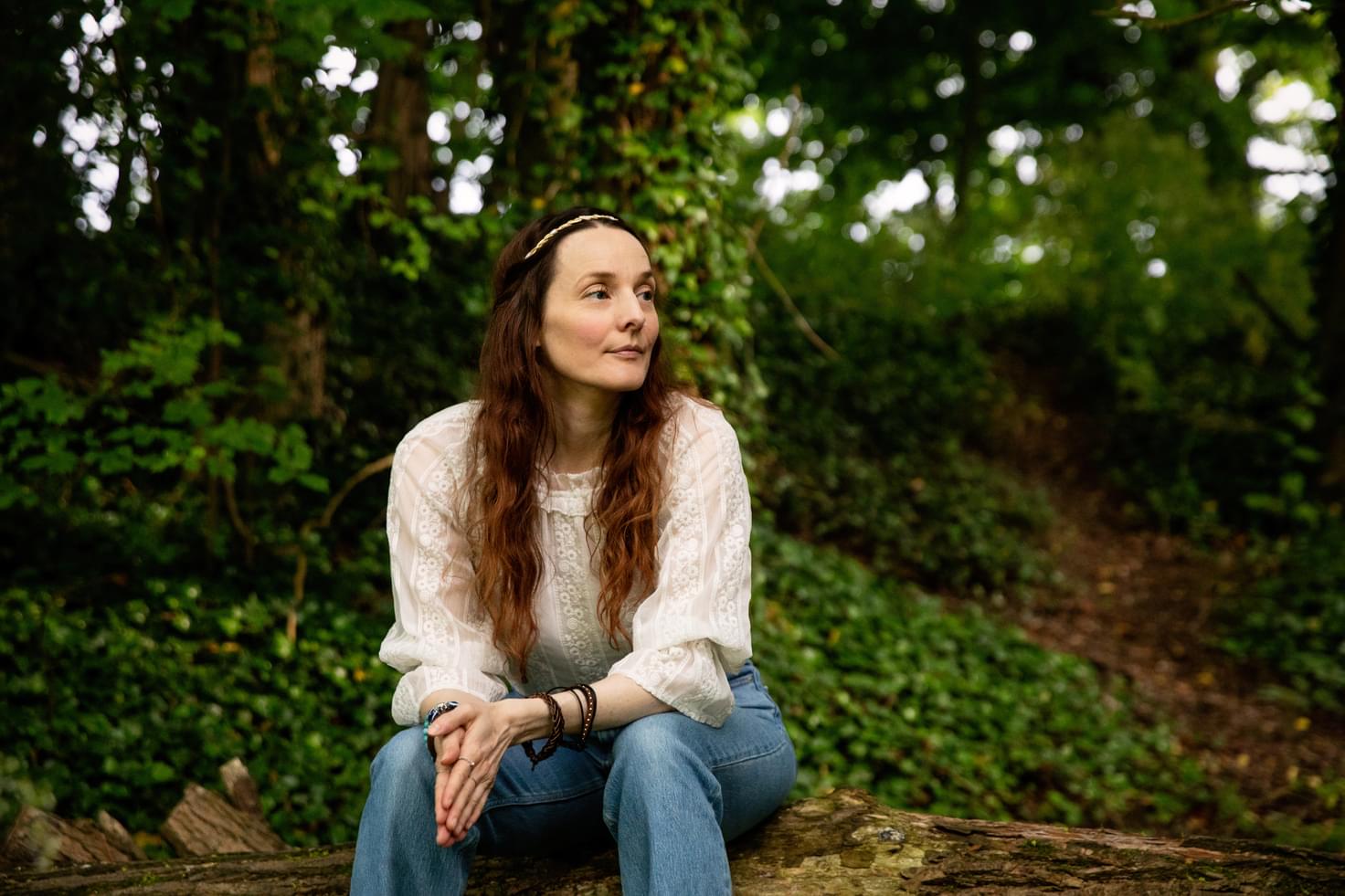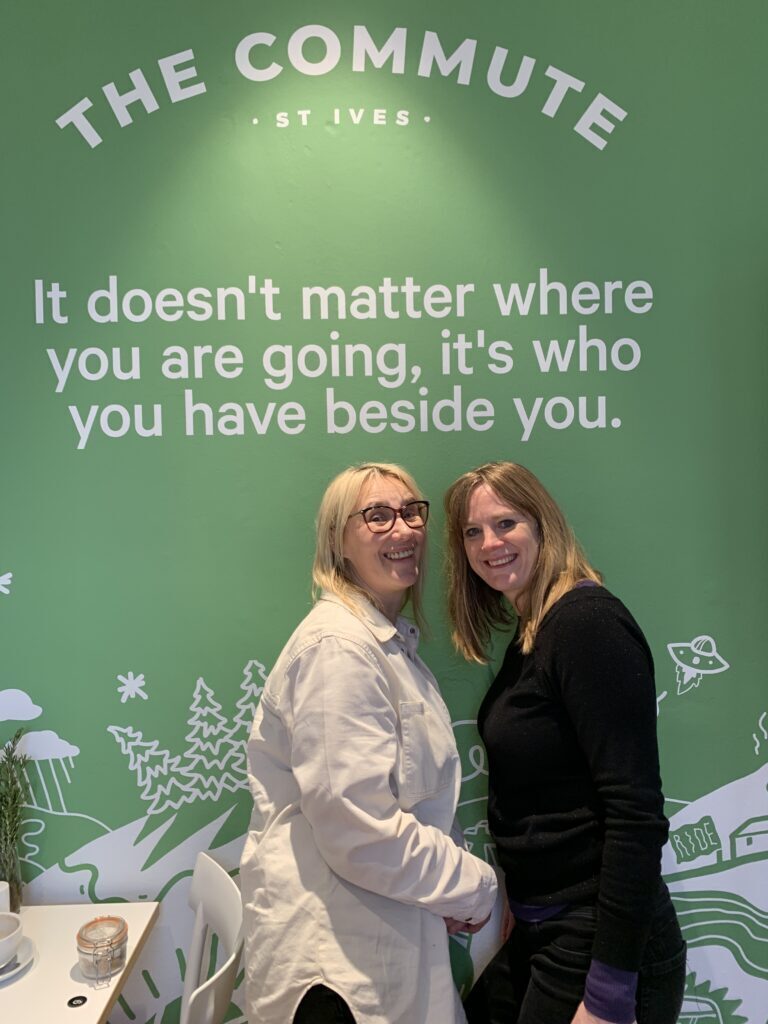
Words by Abi Scaife
For so long, abuse has been characterised as a physical threat. Thankfully, issues such as coercive control and psychological abuse are much better understood - and therefore, more help is available.
The charity Women’s Aid defines coercive control as “an act or a pattern of acts of assault, threats, humiliation and intimidation or other abuse that is used to harm, punish, or frighten their victim”.
But, let’s be honest, it’s one thing knowing about coercive control - it’s much harder recognising the signs in real life. That’s why the CIC, We Stand is teaching people about coercive control, and how to break the cycle.
“So many women have experienced bullying at work, systemic abuse, discrimination of some kind,” explains Claire Beesley, the founder and CEO of We Stand. “There's a whole ecosystem of stuff that actually all of us have experienced within the organisation - we're all telling the same stories. Whereas there's been a lot of emphasis on sexual misconduct and sexual abuse in institutions … there's a bit of a hole when it comes to preventative work, to address why abuse is happening and what we can do about it.
“One of the most important values that we found is that we are compassionate, we're non-judgmental and we're not polarizing.”
The aim of We Stand is to reframe abuse - whether it’s in relationships, institutions or organisations, We Stand is helping to provide survivors with an outlet, as well as information.
“[The] thing that we've noticed is that the disabled community and neurodivergent people are another really high-risk category for experiencing abuse, and there isn't anybody really focusing in on that at all,” says Claire. “So I think what we're sort of coalescing around … is that women who tend to be neurodivergent, experiencing long-term illness or a disability, of any age, are struggling. They don't feel seen, they don't feel heard. And they are at a higher risk than anybody else of experiencing abuse of some kind. So we're kind of now sort of honing in on that group.”

The ultimate aim of We Stand is to be going into schools and performing in the local community - but, like everything, that requires funding. Until they raise enough money to be able to inform people about coercive control in person, they are gathering stories and turning them into short films.
By gathering the stories of people who have experienced coercive control and psychological abuse, We Stand are working to inform people of not only how much it can affect your life, but the warning signs.
“The reason we've gone down that route is partly because we're all artsy fartsy people,” laughs Claire. “But there's something so freeing about being able to express something that you've experienced, rewriting it or performing it or seeing someone else perform it - or just hearing someone else's like talking about something that resonates with you.”
“Obviously reliving [those] experiences can be massively triggering for people. Expressing it through art … it's allowing that processing but it's also providing distance from the experience so people don't have to feel like they're being shocked back into reliving it again.”
But why is it so important for survivors to work with We Stand? As much as trying to inform others before they are harmed, the arts are a really helpful way of processing traumatic events.
“Expressing what's happened to you, sharing it with another group of people who get it can make you feel seen and heard,” explains Claire. “That can be really, really healing and for some people, that's the only level of justice they'll ever experience.”
If you want to learn more about We Stand, or even get in touch with your story, you can do so on their website.
Charity check-in
At Smiley Movement, we like to elevate the work of charities across the world. Here are three charities whose causes align with the themes in this article.
Women's Aid. This is a grassroots federation working together to provide life-saving services and build a future where domestic violence is not tolerated. Find out more.
Refuge. This charity provides specialist support for women and children experiencing domestic violence. Learn more here.
SATEDA. This domestic abuse charity in Kent supports women and children, helping them to escape and recover from the violence they experienced at home. Support them here.